Have you ever walked into a room, glanced at your cat lounging coolly on the sofa, and felt like you were being completely ignored? Then, as soon as you step out, you hear the unmistakable sound of purring, or you return to find your cat curled up right where you were sitting? It’s both charming and puzzling. Cat lovers everywhere know the feeling—the odd sensation that your feline companion is only affectionate when you’re not around to see it. This mysterious behavior can be both amusing and a little bit heartbreaking. Today, let’s unravel the surprising reasons behind why some cats seem to reserve their most loving displays for when you’ve left the room.
The Quirky Nature of Feline Affection

Cats are famous for their quirks, and their approach to affection is no exception. Unlike dogs, who often show love openly and energetically, cats are masters of subtlety. It’s common for them to show their softer side when they think no one is watching. This isn’t because they don’t love you—it’s just their unique way of expressing it. Many cats are naturally shy or independent, and overt displays of affection can feel overwhelming to them. Instead, they might choose to snuggle with your sweater or nap on your pillow as a quiet sign of love after you’ve stepped away.
Understanding Cat Social Structures
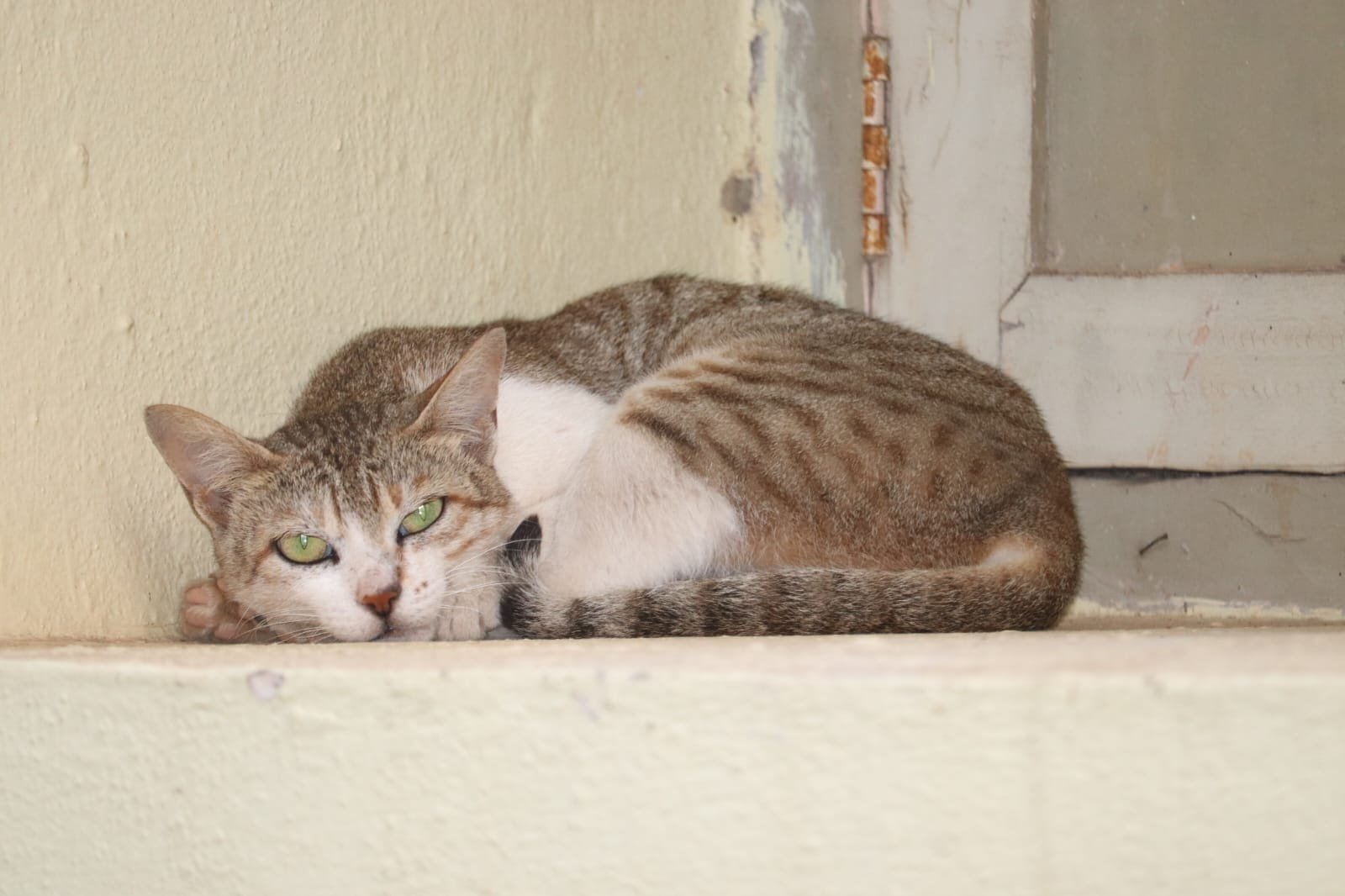
In the wild, cats are solitary hunters, not pack animals like dogs. This means their social skills and displays of emotion are wired differently. They’re used to communicating through scent, body language, and territory marking rather than direct, face-to-face interaction. When you leave the room, your cat might feel more comfortable exploring your scent or sitting in your spot as a way of bonding, without the pressure of direct attention. This behavior is rooted deeply in their instincts and social structure.
The Power of Scent and Memory

Cats have an incredibly powerful sense of smell, and scent plays a huge role in how they connect with their environment—and with you. When you leave a room, you leave your scent behind. Cats often show affection by rubbing against your belongings or rolling in your spot because it makes them feel closer to you. This is their way of mingling their scent with yours, a silent but strong sign of attachment. Even if you’re not physically present, your scent is a source of comfort and love for them.
Shyness and Introverted Personalities
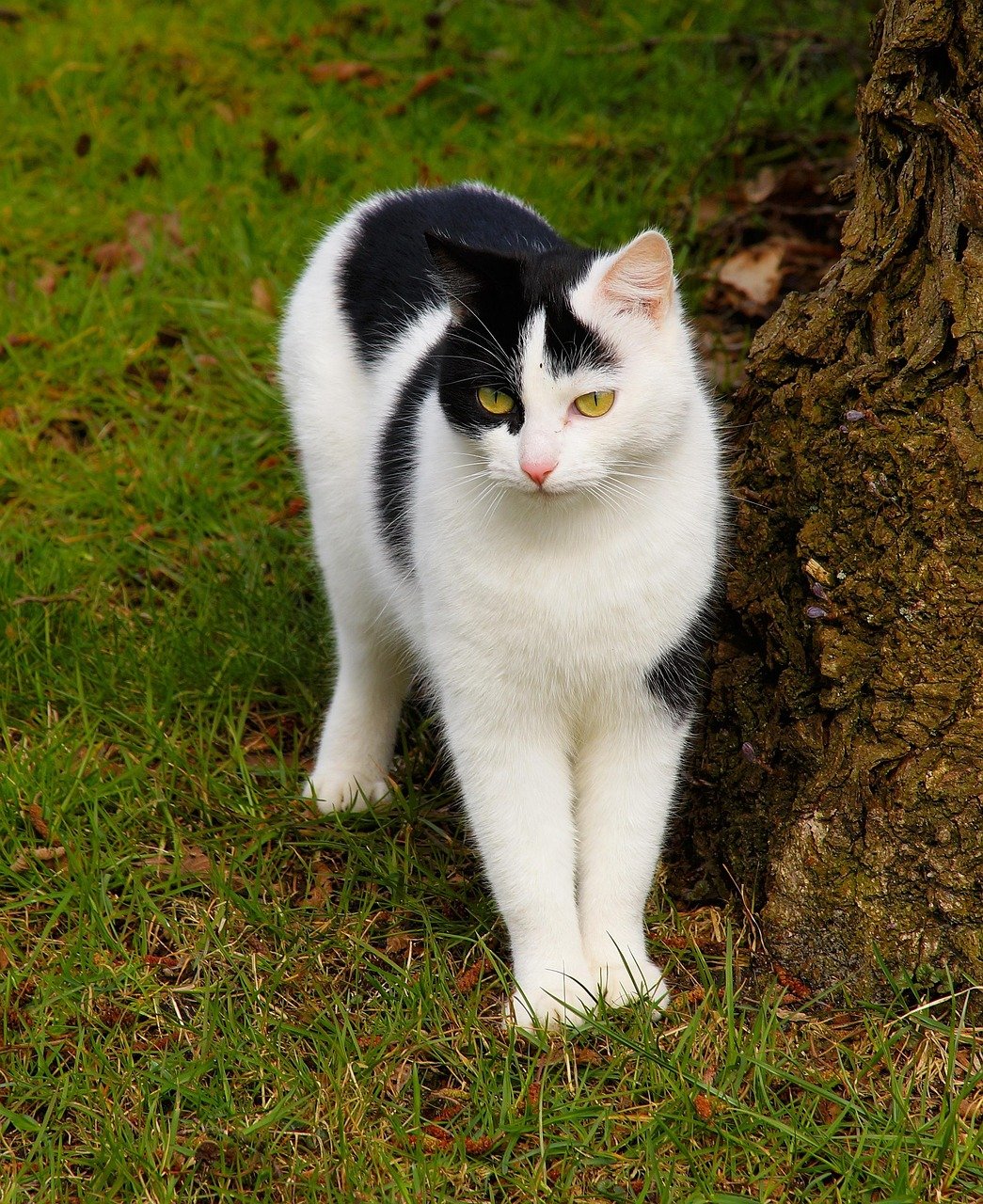
Just like people, cats have different personalities. Some are outgoing, while others are shy or introverted. For more reserved cats, expressing affection might feel vulnerable or risky. They may wait until you’re gone to let their guard down and show how much they care. This isn’t a sign of dislike—it’s a sign that your cat feels safe enough in your absence to relax and be themselves. If your cat seems to come alive with affection when you leave, it’s a compliment to the trust you’ve built.
The Desire for Independence

Cats are fiercely independent creatures. Many of them crave control over their environment and interactions. Showing affection on their own terms is a way for them to maintain that sense of autonomy. When you’re out of the room, your cat can choose when and how to express their feelings. This independence is a core part of feline nature, and respecting it can help deepen your bond.
The Fear of Rejection or Overstimulation

Some cats are sensitive to touch or attention. Too much petting or focus can be overwhelming, leading them to retreat or act aloof. When you’re gone, there’s no risk of sudden movement, loud noises, or uninvited cuddles. This safe, quiet moment gives them the chance to show love in a way that feels comfortable. It’s their gentle way of saying, “I love you, but I need space.”
Bonding Through Routine and Ritual

Cats are creatures of habit. They find comfort in routine, and many of their loving behaviors are tied to daily rituals. For example, your cat might wait until you leave for work before curling up in your chair, or they may play with your slippers while you’re out. These rituals are part of how they connect with you, even when you’re not around. It’s their way of participating in your life from a safe distance.
Territorial Comfort and Safety

Your presence can sometimes make a space feel less private for your cat. When you leave, the environment becomes quieter and less intimidating. This can encourage your cat to venture out, explore, and show affection in your absence. They might rub against your furniture, roll around, or knead on your favorite blanket—all signs that they feel safe and comfortable in your territory.
Delayed Gratification and Anticipation

Cats are expert observers. Sometimes, they wait until you leave to express love as a kind of delayed gratification. The anticipation of your return can make your presence feel even more special. When you come back, your cat may greet you with extra enthusiasm, or you might notice signs that they’ve been in your spot. This dance of absence and return keeps your relationship dynamic and exciting.
The Influence of Early Socialization
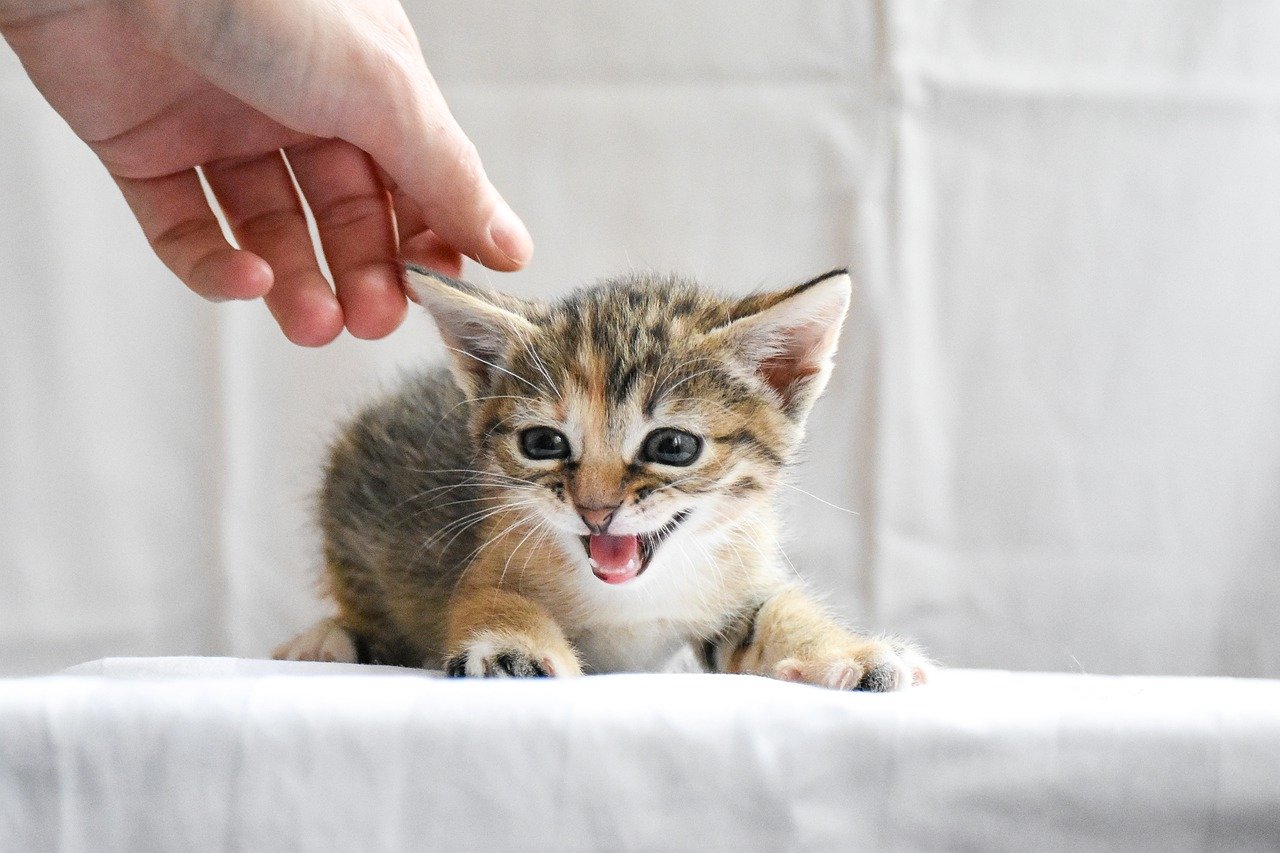
A cat’s upbringing plays a huge role in how they display affection. Kittens that were handled frequently and gently by humans often grow up to be more openly affectionate. On the other hand, cats that didn’t have as much early socialization may be more reserved. These cats might prefer to show their love in private, when the pressure is off. Understanding your cat’s background can help you interpret their unique style of affection.
Environmental Stressors and Triggers

Sometimes, a cat’s preference for expressing love when you’re gone is linked to stress or anxiety. Loud noises, unfamiliar guests, or even other pets can make them feel uneasy. When the environment is calm and quiet—like when you leave the room—your cat might finally feel relaxed enough to show their true feelings. Watching for patterns can help you identify what makes your cat feel most comfortable.
Separation Anxiety in Disguise
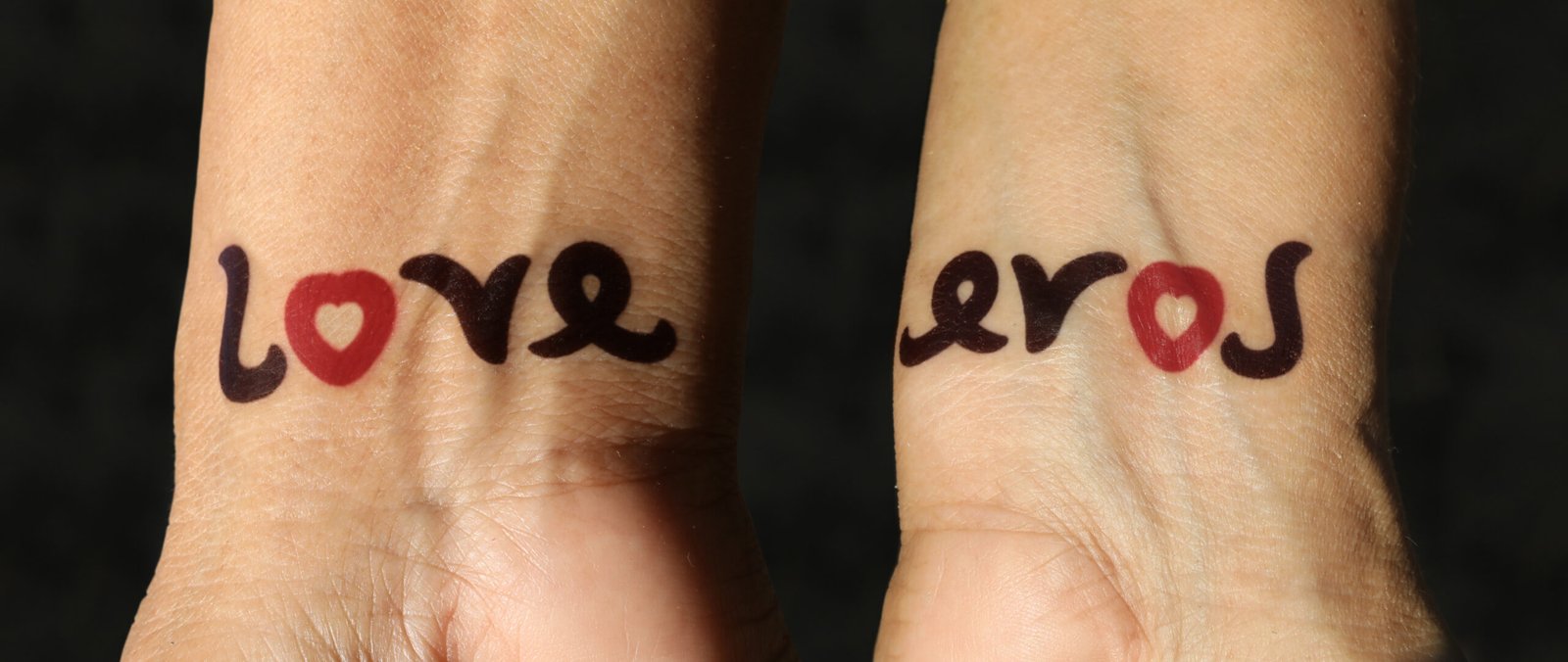
It may sound strange, but some cats actually express their love more when you’re not around because they miss you. They might engage in affectionate behaviors, like kneading or purring, as a way to cope with your absence. These actions are soothing and help them feel connected to you, even when you’re away. If your cat seems extra loving after you leave, it could be a subtle sign of separation anxiety.
Watching Without Being Watched
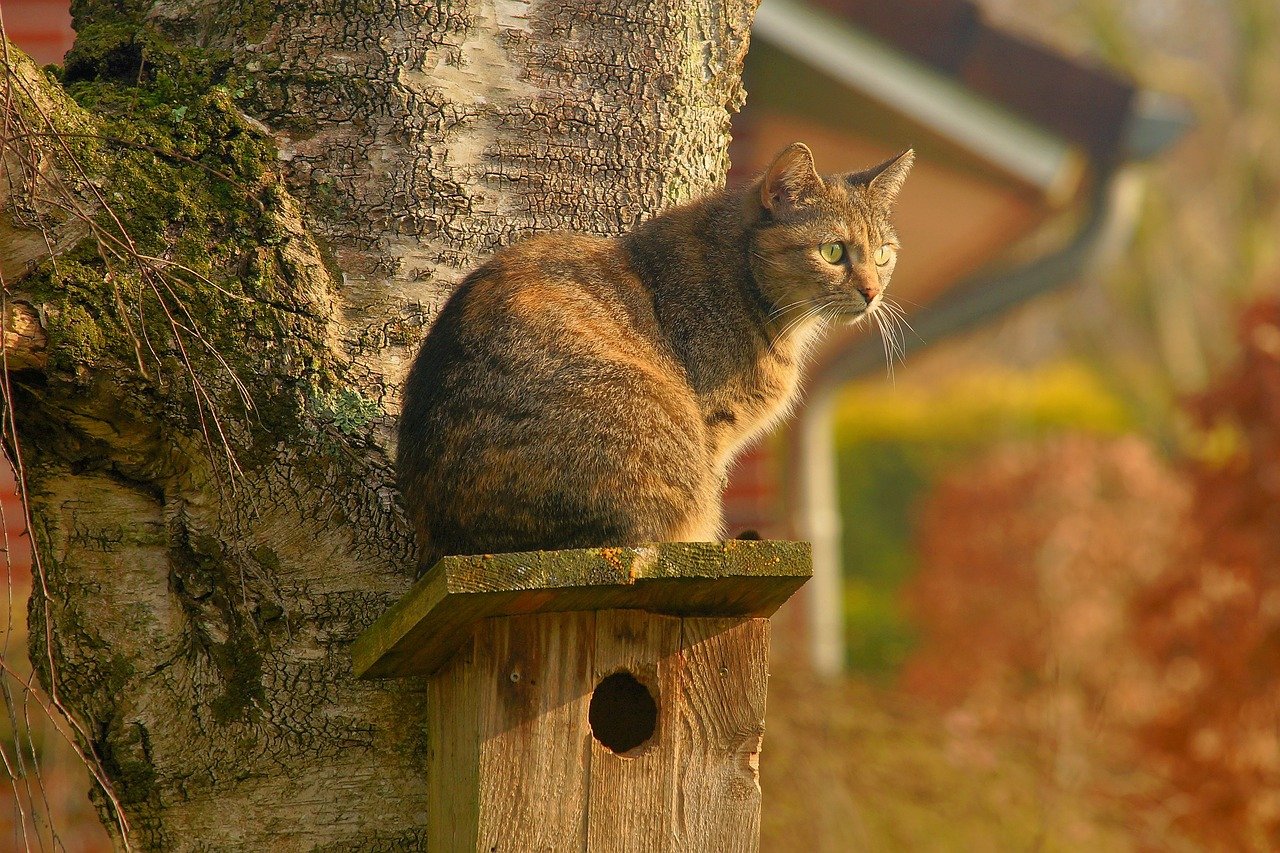
Many cats are private creatures who prefer to observe rather than participate. They may feel uncomfortable being the center of attention, which is why they wait until you leave to show affection. This behavior isn’t meant to be secretive or distant—it’s just how some cats are wired. Giving your cat space to express themselves on their terms can actually strengthen your relationship in the long run.
Affection Through Imitation

Cats are keen mimics. They often learn by watching their humans and may imitate behaviors they see. If you’re affectionate with them but they seem indifferent in person, don’t be discouraged. They might wait until you’re out of sight to repeat those actions, like snuggling in your spot or playing with your belongings. It’s their way of connecting, even if it’s behind the scenes.
Hidden Acts of Love
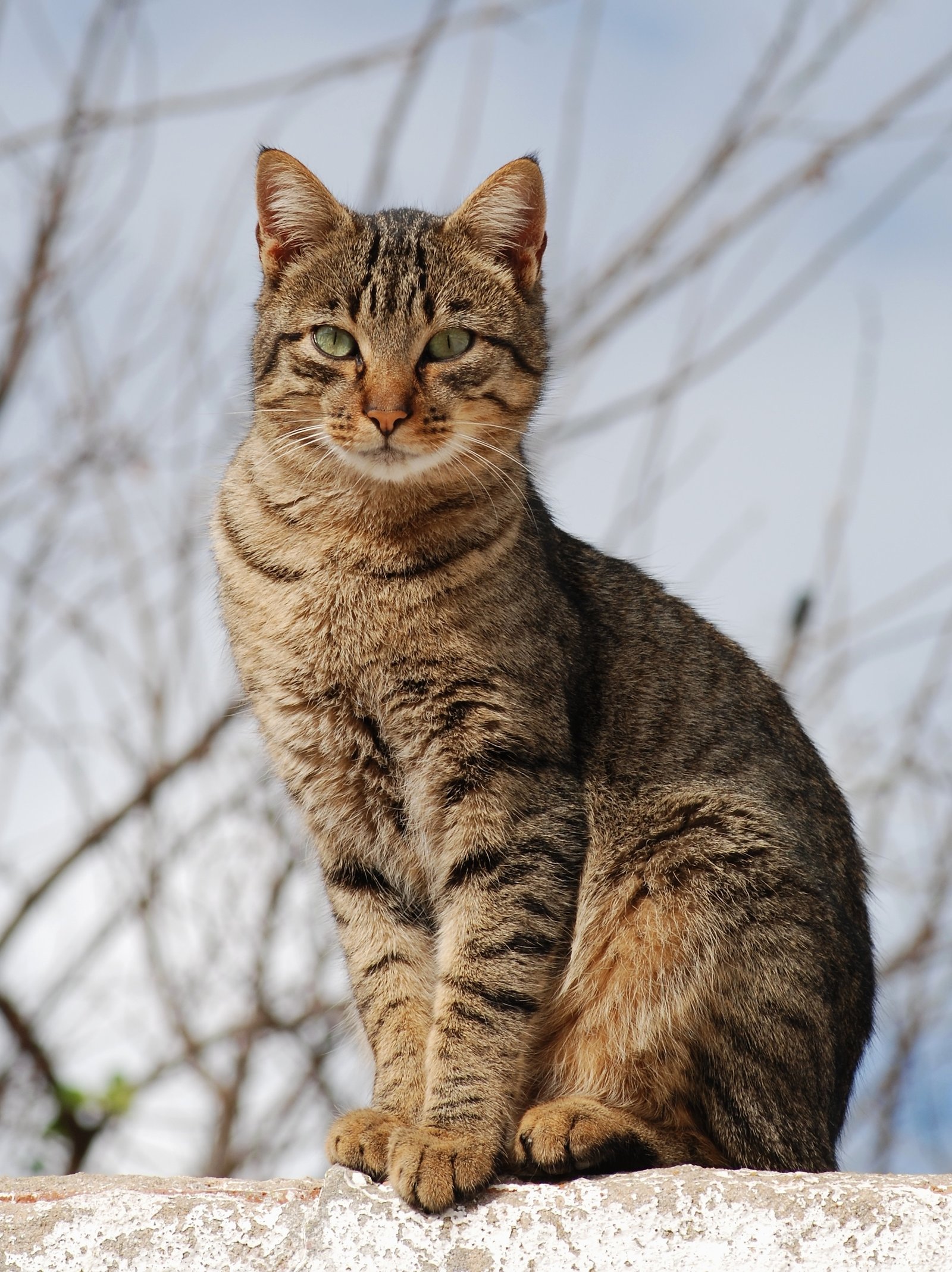
Just because you don’t see your cat’s affection doesn’t mean it isn’t there. Cats often perform loving acts in secret, like grooming your clothes, leaving “presents” in your shoes, or sleeping where your scent is strongest. These hidden gestures are their way of showing love in a manner that feels safe and genuine to them. Pay attention to these subtle signs—they’re easy to miss but deeply meaningful.
Individual Preferences and Quirks

Every cat is different. Some thrive on constant attention, while others only feel comfortable expressing love when they’re alone. These personal quirks are part of what makes each cat so special. Getting to know your cat’s unique preferences can help you appreciate the ways they show affection, even if it’s not always in the ways you expect.
The Impact of Past Experiences
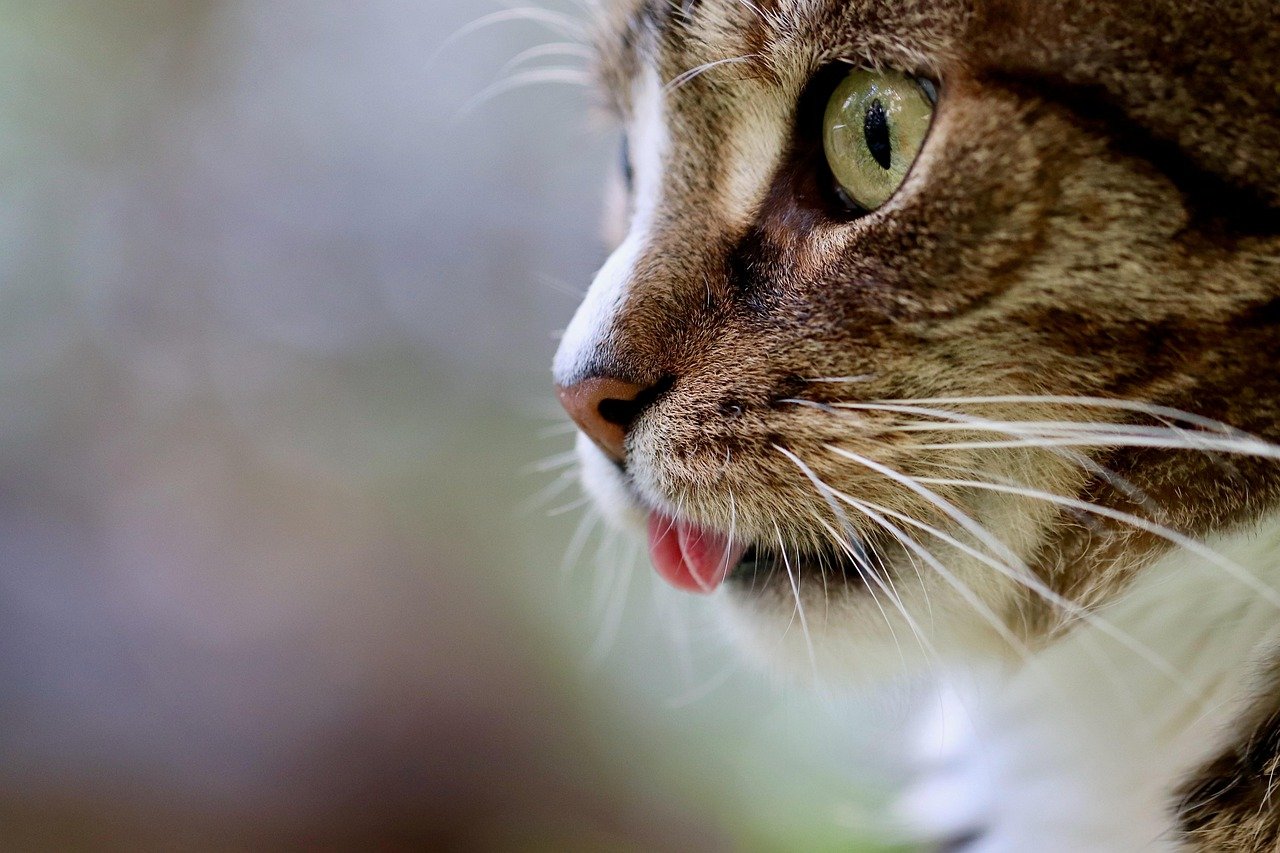
Cats with a history of trauma or neglect may be especially cautious about showing love. They might have learned to be wary of humans, making them more likely to express affection privately. With patience and gentle encouragement, these cats can gradually learn to trust and show their feelings more openly. Their journey is a powerful reminder of resilience and the healing power of love.
Age and Life Stage Differences

A cat’s age can influence how and when they show affection. Kittens are often more playful and open, while older cats may become more reserved. Senior cats, in particular, may choose to express love in quieter, more subtle ways. Understanding these changes can help you adjust your expectations and appreciate the evolving bond you share.
Communication Styles: Subtle vs. Obvious

Some cats are naturally more demonstrative, while others prefer subtlety. This difference in communication style is part of what makes feline companionship so fascinating. Learning to read your cat’s body language and recognizing their unique signals can help you feel more connected, even if their love isn’t always obvious.
How to Encourage More Open Affection
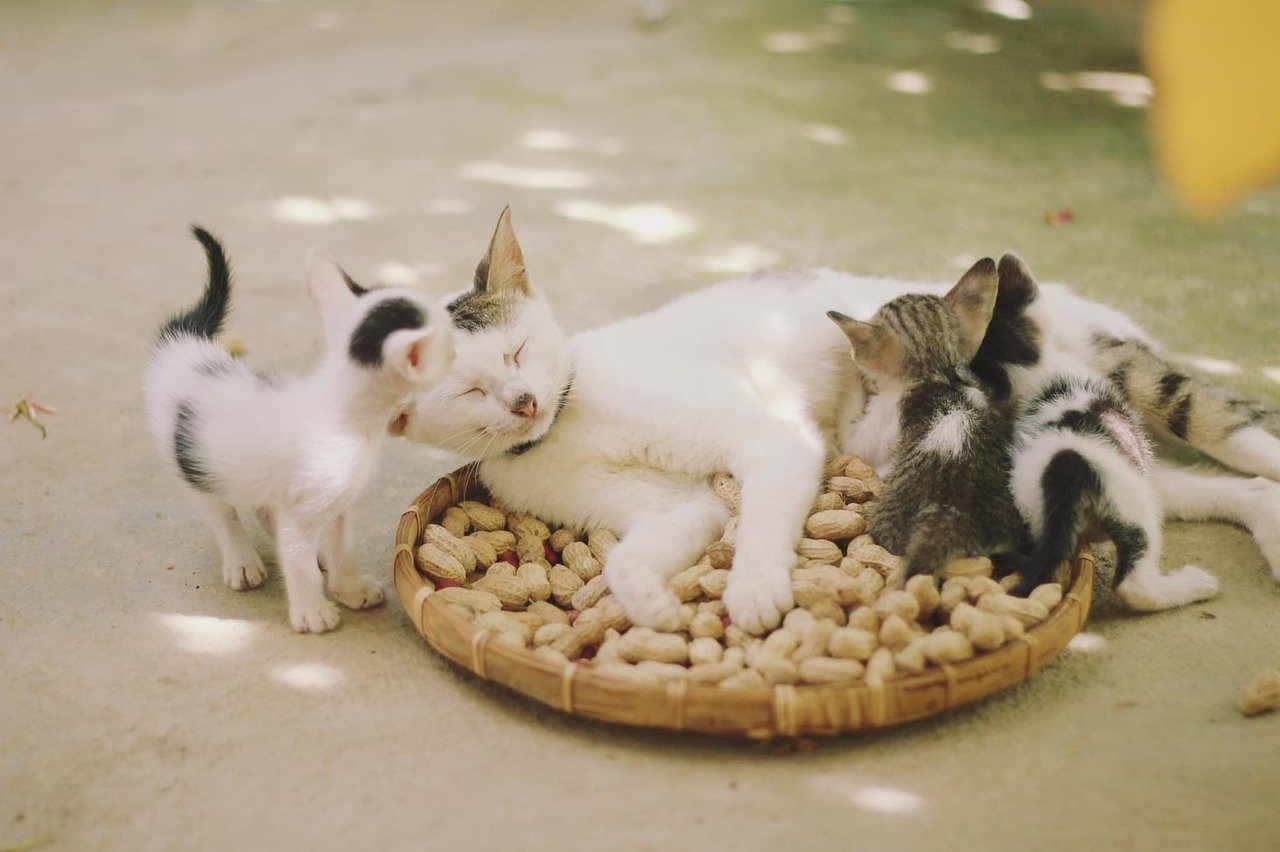
If you wish your cat were more openly affectionate, there are gentle ways to encourage it. Spend quiet time together, offer treats, and respect their boundaries. Create safe, cozy spaces where your cat feels comfortable showing love. Remember, every small gesture counts, and patience is key.
Celebrating the Mystery of Cat Love
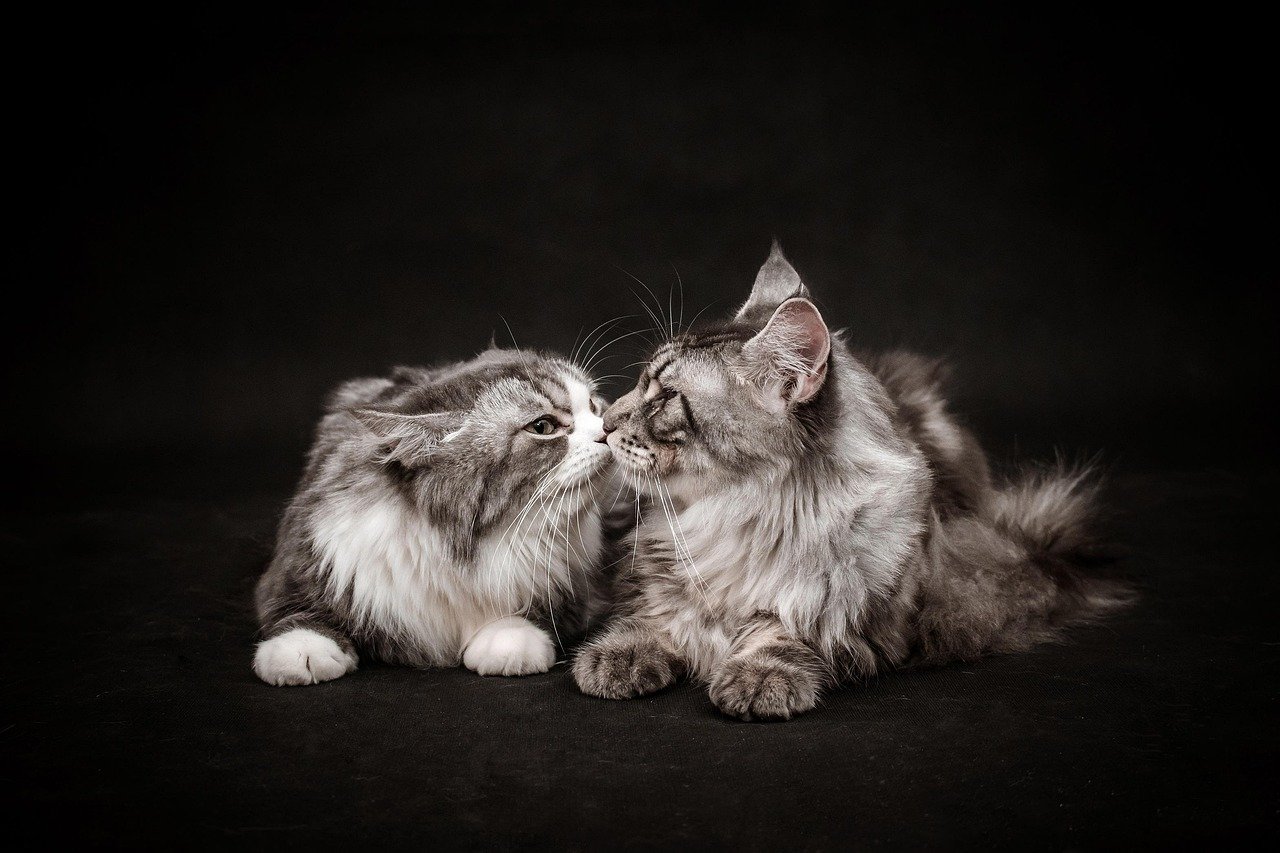
Cat love is a mysterious, ever-evolving dance. Even when your cat saves their affection for when you’re gone, it’s still a powerful sign of trust and connection. The next time you find a warm spot on your chair or a stray whisker on your pillow, smile—it’s your cat’s secret way of saying, “I love you.”
Hi, I’m Bola, a passionate writer and creative strategist with a knack for crafting compelling content that educates, inspires, and connects. Over the years, I’ve honed my skills across various writing fields, including content creation, copywriting, online course development, and video scriptwriting.
When I’m not at my desk, you’ll find me exploring new ideas, reading books, or brainstorming creative ways to solve challenges. I believe that words have the power to transform, and I’m here to help you leverage that power for success.
Thanks for stopping by, Keep coming to this website to checkout new articles form me. You’d always love it!






